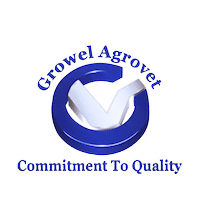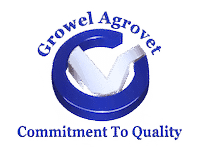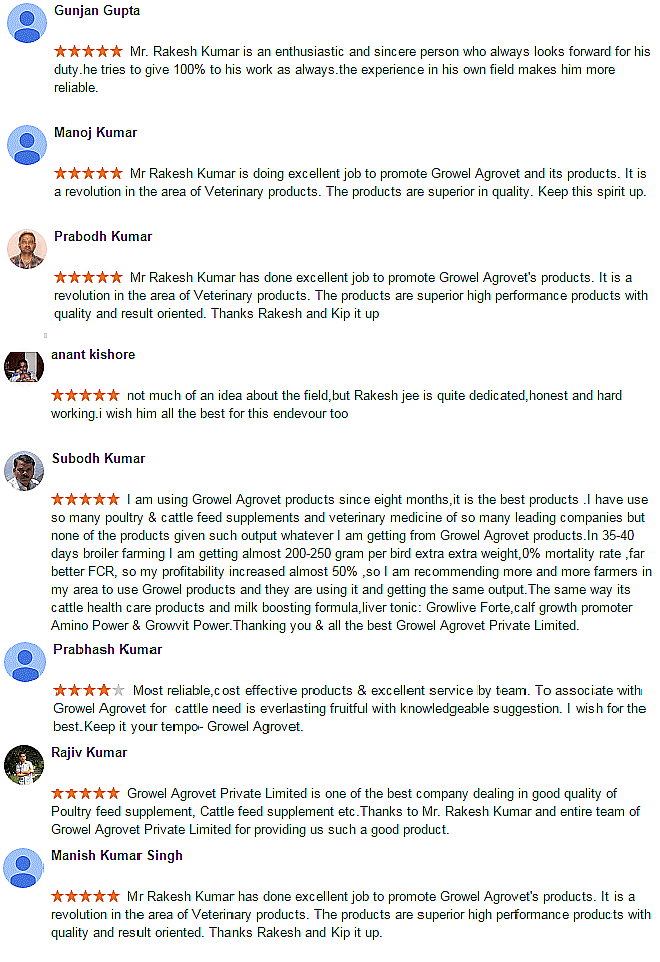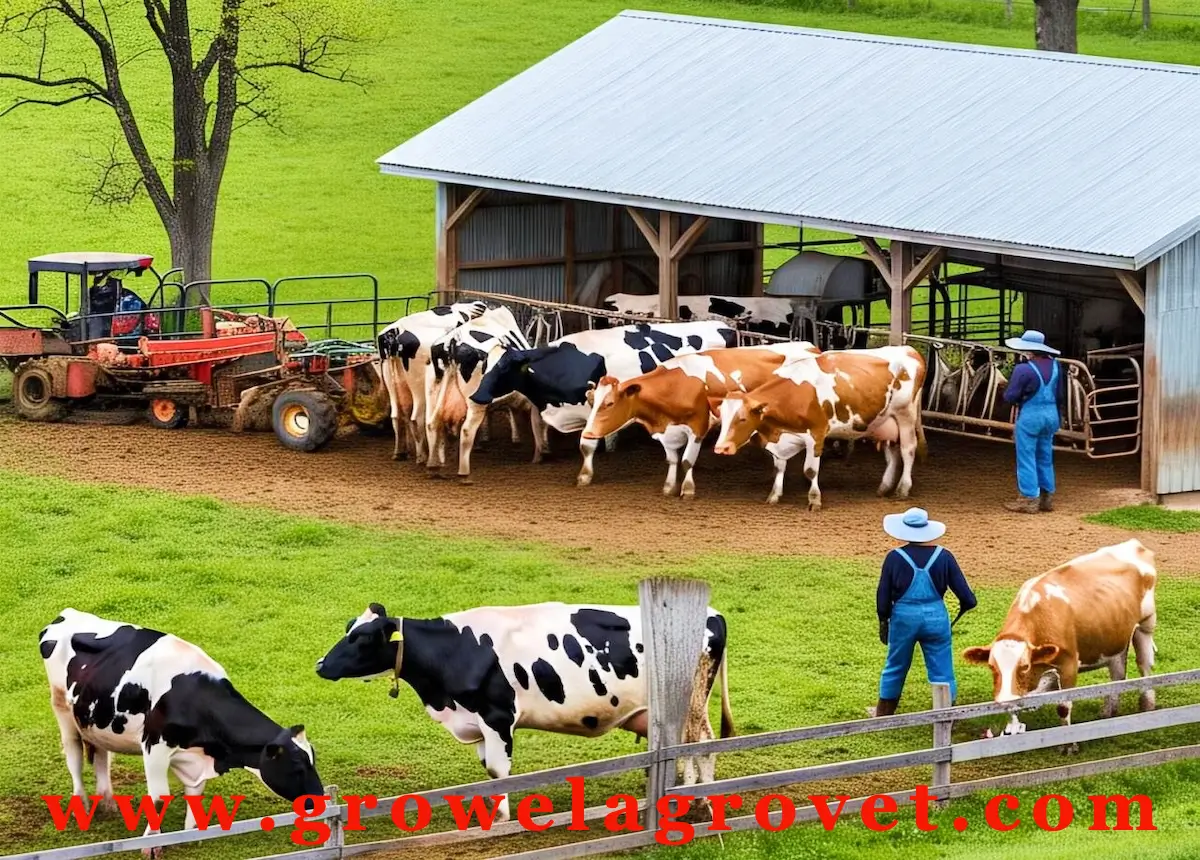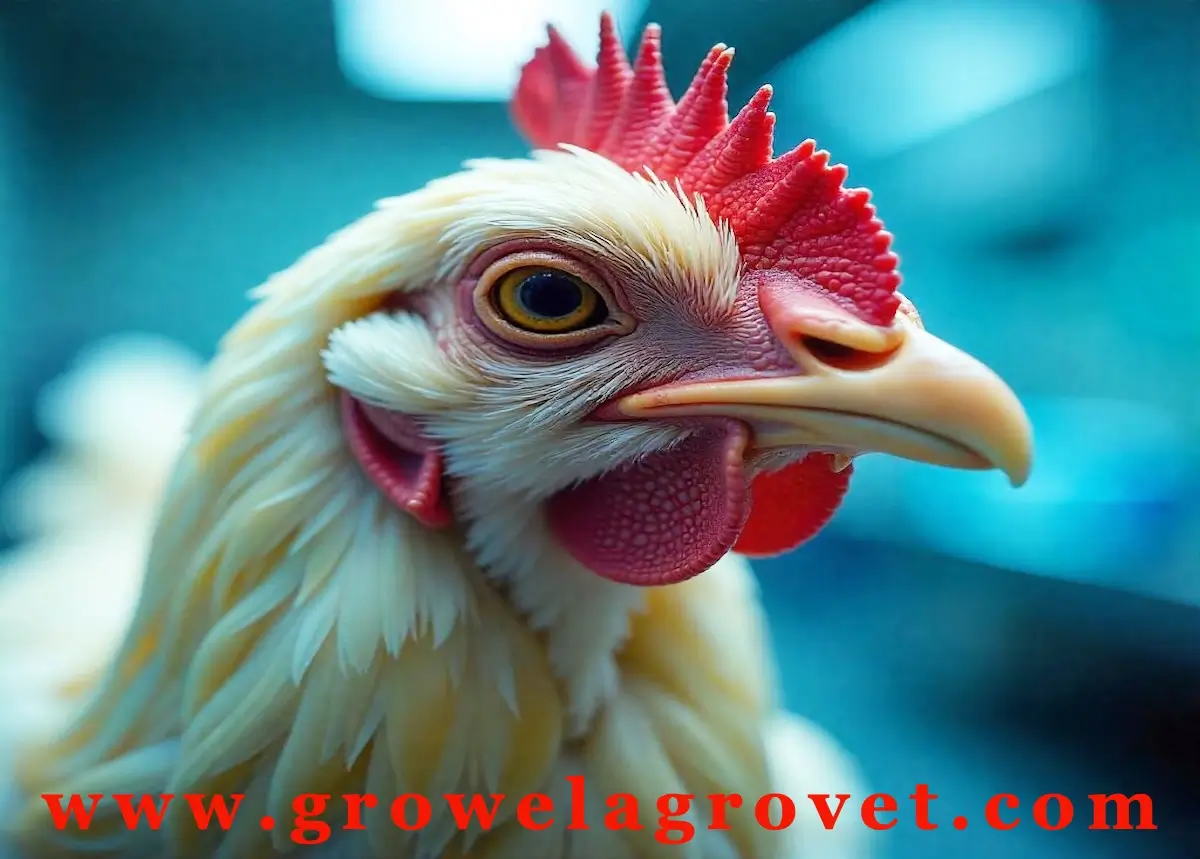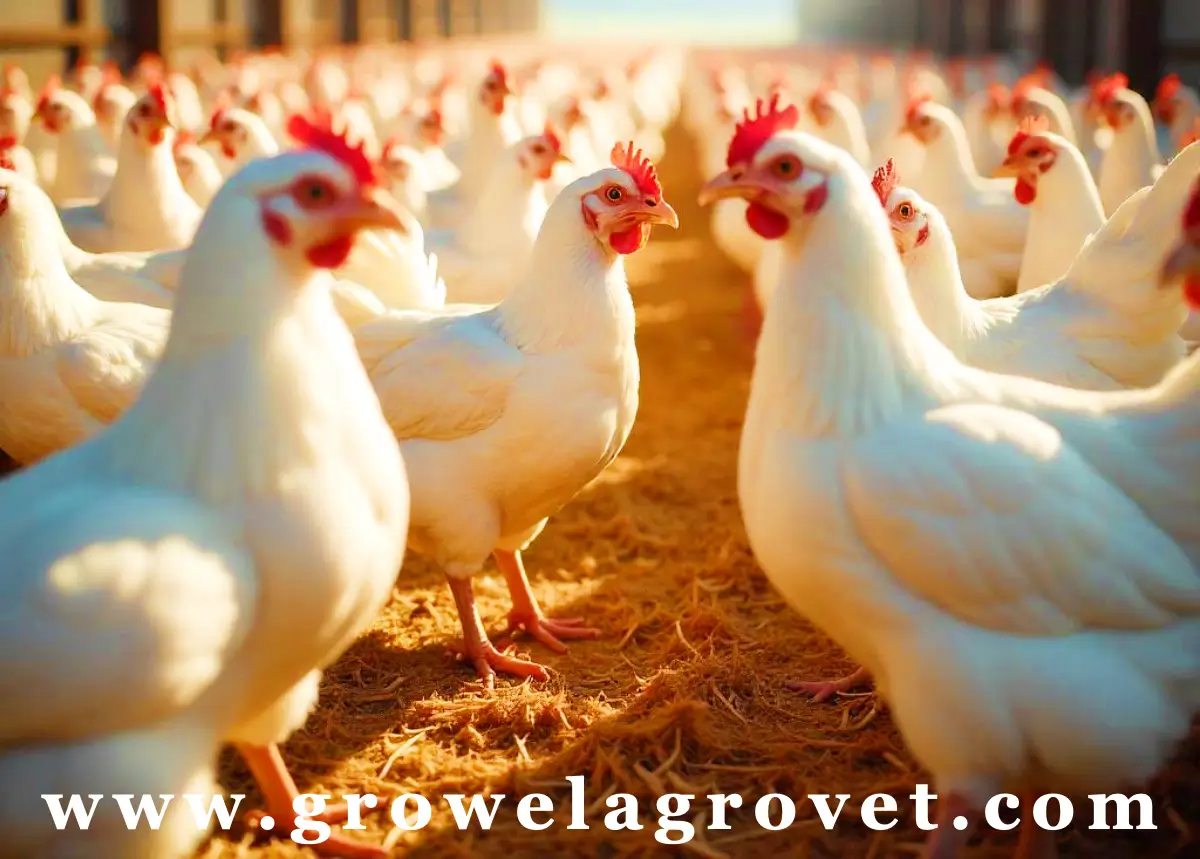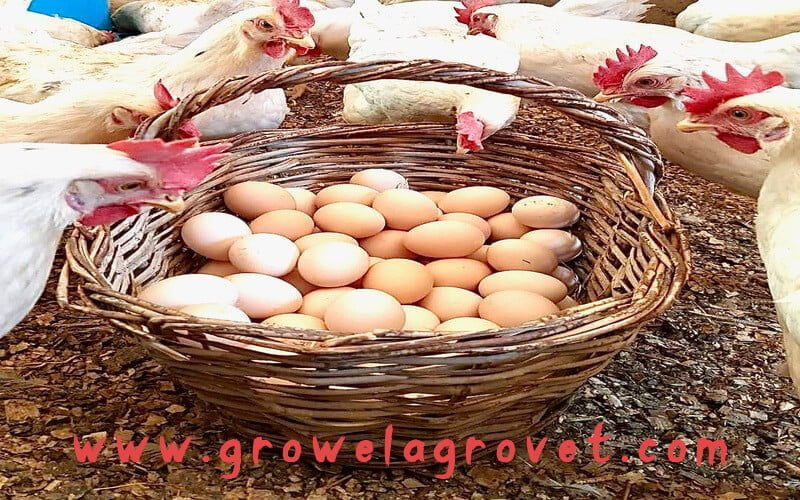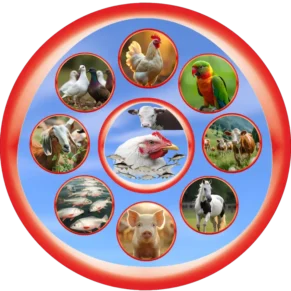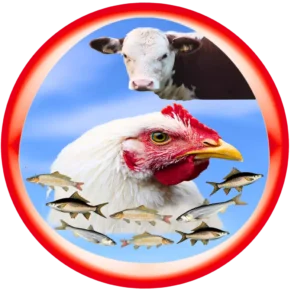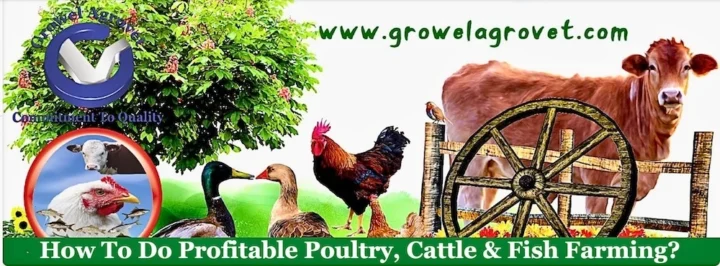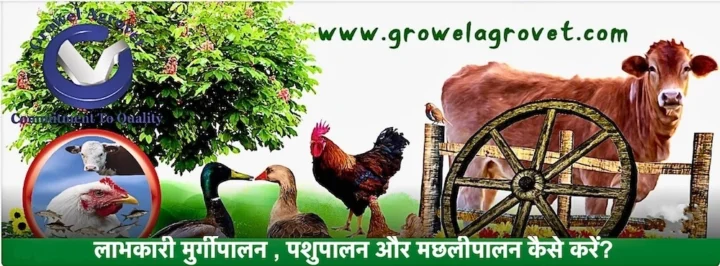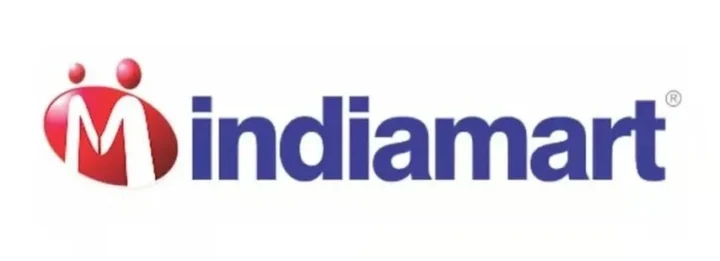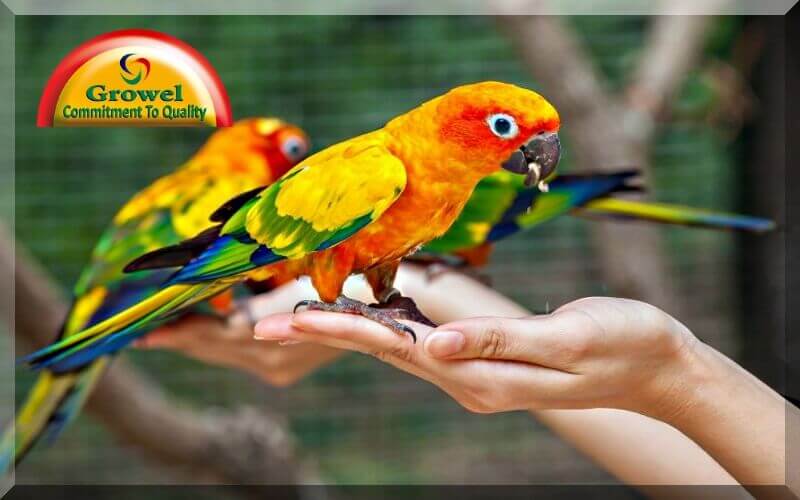 Poor pet bird nutrition is one of biggest caused of pet bird’s disease. Poor pet bird nutrition results in lowered resistance to disease and a host of health issues, such as atherosclerosis, obesity, rickets, lack of fertility, poor feathering, liver disease and other serious conditions.There are more than 8000 species of birds alive today. There will probably never be an ideal diet for all bird species. However, for the average pet bird owner a general knowledge about basic pet bird nutrition concepts and feeding can be of benefit when decisions have to be made. The following material provides information as a starting point for beginning pet bird owners who want to try and make the correct choices regarding the feeding of their birds.
Poor pet bird nutrition is one of biggest caused of pet bird’s disease. Poor pet bird nutrition results in lowered resistance to disease and a host of health issues, such as atherosclerosis, obesity, rickets, lack of fertility, poor feathering, liver disease and other serious conditions.There are more than 8000 species of birds alive today. There will probably never be an ideal diet for all bird species. However, for the average pet bird owner a general knowledge about basic pet bird nutrition concepts and feeding can be of benefit when decisions have to be made. The following material provides information as a starting point for beginning pet bird owners who want to try and make the correct choices regarding the feeding of their birds.
What Provides the Backbone of Proper Pet Bird Nutrition?
To properly nourish a pet bird, balanced amounts of nutrients must be ingested, digested and absorbed into the body. The food that your pet bird eats is composed of a variety of ingredients and the ingredients are composed of nutrients. There are six major categories of nutrients: (1) water; (2) proteins; (3) carbohydrates; (4) lipids; (5) minerals; and (6) vitamins. Because of the complex nature of these nutrients in the natural ingredients which make up your bird’s diet, they have to be digested in order to release the building blocks from which they are made.
Once these building blocks are released during the digestive process they can be absorbed into the body and nourish the trillions of individual cells in the bird. Therefore, any food that is eaten is really not yet inside the animal body until it is digested and the prepared nutrients are absorbed. Remember, the digestive tract is only a hollow muscular tube which stores and prepares the nutrients for absorption. If the feed-stuff is not able to be digested, then the animal does not usually benefit from these nutrients the feed-stuff contains. A healthy digestive tract is essential if an animal is expected to benefit from the nutrients in feed-stuff.
Six Major Categories of Nutrients: (1) Water (2) Proteins (3) Carbohydrates (4) Lipids (5) Minerals and (6) Vitamins.
Water for Pet Birds :
Water is the most important nutrient. Your pet bird can lose almost all of its body fat and stored carbohydrate, as well as over half of its protein, and still survive. However, a 10% loss of body water can cause serious illness. Without replacement of the water which is lost, death will result. Water provides a medium for digestion, absorption, transport, metabolism (actual utilization of the nutrients by the cells), and the removal of cellular waste products out of cells and eventually out of the bird in the urine and feces.
There are two basic sources of water, ingested and metabolic. Ingested water is that consumed by drinking and that which is contained in food. Metabolic water is the water produced when the food is utilized and can arise from carbohydrate, protein and lipid metabolism inside the cells. Some feed-stuffs contain more water than other types of feed-stuffs. For instance, fresh fruits and vegetables compared to dry seeds. When the amount of water consumed in food increases, the amount the animal drinks will usually decrease.Water consumption increases with increased salt intake, increased environmental temperature, increased activity and the consumption of dry feed-stuffs. Attempts should be made to have clean, fresh water available to any animal at all times.Always water sanitiser Aquacure should be mixed with the water to make clean & diseases free.
Proteins for Pet Bird Nutrition:
Proteins are very large, complex molecules which are made up of amino acids hooked together as links of a long chain. These linkages between amino acids are referred to as peptide bonds. Proteins in the body are constantly being made and broken down. When energy is in short supply the animal has to use amino acids for energy. Amino acids have much more important jobs to do in animals than to be used for energy. Therefore, it is always necessary to have adequate carbohydrate and fat calories available for use as energy.
There are 22 different amino acids required by animals, and all animals require them at the cellular level. While about 12 of these amino acids can be made inside animal cells, the other 10 have to be consumed in the animal’s diet. Without a sufficient dietary supply of these ten “essential” amino acids, the necessary proteins cannot be made by pet birds. Amino Power is the great product for fulfillment of protein requirements of birds.
Carbohydrates for Pet Bird Nutrition :
A carbohydrate molecule is composed of repeating units of the simple sugar called glucose. Starch is the most common useable form of carbohydrate in the diet and is considered a soluble carbohydrate by nutritionists. Many glucose molecules are linked together just as the amino acids in a protein are linked together to form a long chain. The carbohydrate, starch, is stored by the plant in seeds for the immediate utilization by the young plant after the seed germinates. However, the seeds also furnish an excellent source of carbohydrate for pet birds to use as energy.
Lipids for Pet Birds :
This nutrient group is composed of the fats and oils which are found in plants, especially in the seeds. These stored fats and oils in the seed furnish the energy necessary for the young plant to start its life processes as germination begins. Once the young plant starts to produce leaves, then photosynthesis occurs and the plant can manufacture and store more nutrients. These fats and oils are made up of fatty acids. These fatty acids do not link together to form long chains as happens with glucose to form starch and cellulose or with amino acids to form proteins. However, because of their chemical structure the fats and oils when used by animals for energy are known to furnish 2.25 times more calories of energy per unit weight than the carbohydrates and proteins. In other words, if a pet bird eats one gram of fat it gets 2.25 times more calories from the gram of fat than from 1 gram of protein or carbohydrate when they are used for energy.
Therefore, it is possible for pet birds to become obese if they are fed seeds high in oil. An example is sunflower seeds. The lipid in the diet is not only an excellent energy source but there are essential fatty acids that are needed by birds. Without the essential fatty acids in the diet there will be a reduction in egg size and hatch-ability. Also, poor skin covering and feather growth will occur. Overall growth is impaired, and the liver will have a tendency to accumulate fat. Without lipid in the diet the bird cannot absorb the fat soluble vitamins A, D, E and K. Even though taste plays a somewhat minor role in a pet bird’s eating habits, fats are added to animal diets to enhance potability.
Minerals for Pet Birds :
Minerals usually make up less than 1 percent of the body weight of an animal. The majority of the minerals in the animal belong to a group referred to as the macro-minerals such as calcium, phosphorus, sodium, potassium, chloride, magnesium and sulphur. The requirement for these minerals in the diet is usually expressed as a percent of the diet because they are the most abundant in the diet.Grow Cal D3 is considered the best minerals & calcium supplements for pet birds.
Vitamins for Pet Birds :
Vitamins are divided into two groups based on their solubility rather than their function in the animal. These groups are: fat soluble and water soluble. The fat soluble vitamins are going to be associated in plants and animals where fats and oils are located and stored. Whenever feed-stuff are processed and the lipid is removed, the fat soluble vitamins also are going to be removed. An example of this is when soybeans or corn are processed and the oil is removed. The meal remains and has a low lipid and fat soluble vitamin content.
The fat soluble vitamins are known as vitamins A, D, E and K i.e. Growvit Power because in the bird they are stored in association with fat, it usually takes an extended period of time to develop a deficiency when the diet has very low fat soluble vitamin content. However, deficiencies can and do exist in pet birds, especially when the owners are not providing the bird with enough variety of feed-stuff in the diet. The ability of fat soluble vitamins to be stored has its advantages, but this ability also has its disadvantages. The fat soluble vitamins can be toxic if consumed in large amounts. This can happen when over supplementation or over-fortification occurs, especially with the fat soluble vitamins capable of being administered through the drinking water. Over fortification with vitamins A and D should be of major concern.
The water soluble vitamins are the B complex i.e. Grow B-Plex as well as Vitamin C. These vitamins such as thiamine, riboflavin, niacin, pyridoxine, etc., can not be stored in the animal because they are soluble in water. They must be in the diet on a continuous basis. The B-complex vitamins are involved in the regulation of energy metabolism in the cells and participate in so many biochemical reactions that it is difficult to separate out their individual deficiency signs. These vitamins are sometimes referred to as the “sparkplugs” in the cell that help the enzymes utilize the energy provided by the fuel nutrients (i.e., carbohydrates, lipids and protein).
A seed-only a pet bird’s diet does not provide adequate nutrition and must be supplemented with various fresh foods and, often prepared vitamin and mineral supplements. No matter what bird comes into your home, provide proper pet bird nutrition. Feeding a balanced, varied diet will play a major role in helping your pet bird live a long and healthy life. You should also read Vitamins & Supplements for Pet Birds.
You can join Pet Healthcare Facebook group for getting regular guidance of yours birds & pet’s health.
| ग्रोविट पॉवर Composition: Each 5 ml contains Vitamin A : 250000 IU Vitamin D 3 : 30000 IU Vitamin E : 150000 Vitamin C : 500 mg Vitamin B 12 : 100 mcg Selenium : 50 ppm Biotin : 25 mcg Lysine : 7.5 mg Choline Chloride : 50 mcg Methionine : 50 mg Indication & Benefits :
Dosage : For 100 Birds : 10-20 ml. daily. Packaging: 100 m.l., 500 m.l. ,1 ltr. ,5 ltr. | An Strongest Vitamin B-Complex with Vitamin E ,Vitamin -C,Amino Acids & Minerals. Composition: Each 5 ml contains Vitamin B 1 : 10 mg Indication & Benefits:
Dosage : Packaging :500 ml. 1 ltr. & 5 ltr. |
